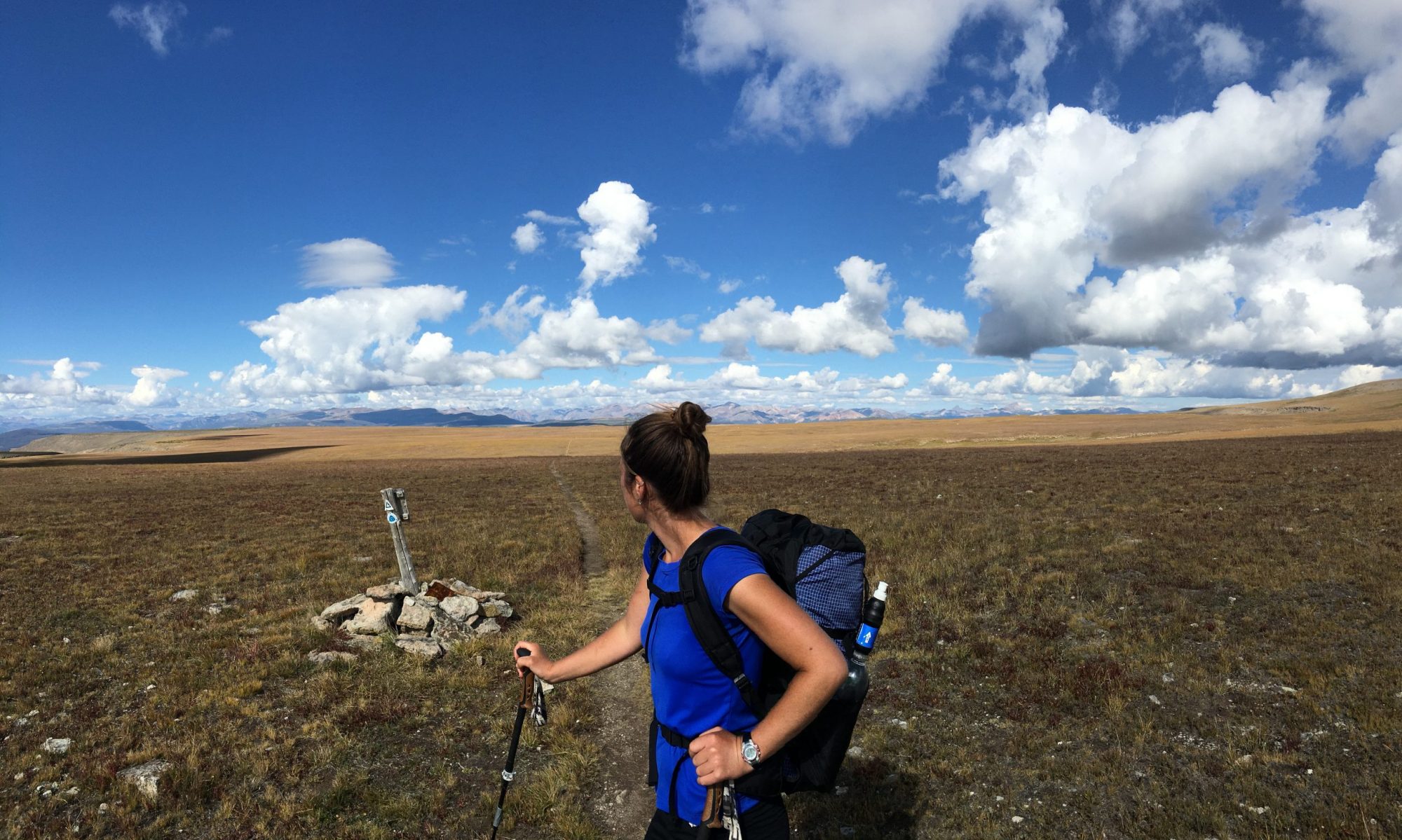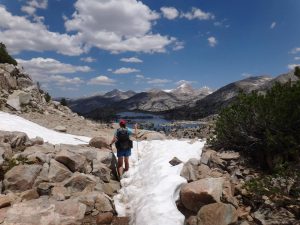This is the second post in a series about my journey with the autoimmune condition Hashimoto’s thyroiditis. Here’s part 1, in case you missed it. My intention with this series is to share my personal experience so that anyone who recognizes themselves in the symptoms can move forward with healing and know that lifestyle changes can make a HUGE positive impact.
Contrary to my wildest hopes, my Hashimoto’s and adrenal issues did not spontaneously go into remission as soon as I started targeting them. Unconsciously acting in alignment with the negativity bias, I tend to see how far I still have to go and what’s still wrong more than I focus on how far I’ve come. Can you relate?
However, though I can’t say I feel 100% everyday, when I look back at how I felt 3 years ago, or even just a full year ago, without a doubt, I feel much better.
In this post, I’ll briefly discuss what symptoms have improved for me, what I’m still struggling with, and a brief overview of the protocol.
What has improved for me?
My energy levels throughout the day are much more consistent. I don’t struggle with afternoon fatigue much. I can go running and go to the gym again without feeling completely drained or experiencing the deep muscle fatigue that I couldn’t shake previously.
My hormones are becoming more balanced. I know this because, among other indicators, my monthly cycle is regular again. Also, my sleep cycle has regulated. I feel tired in the evenings and fall asleep easily, I sleep through the night, and I usually wake without an alarm, with plenty of energy to start the day. This also indicates to me that my cortisol level and rhythm is balanced. See this article if you’re curious to learn more about adrenal health, especially as it pertains to endurance athletes.
I no longer struggle with feeling cold as much as I used to, especially in my hands. I used to have constantly cold hands and feet. This was particularly a struggle in shoulder seasons and on winter adventures when my hands would get so cold (even with multiple gloves on) that I would need my adventure buddy to help me with zippers, clasps, and opening food wrappers. This was so frustrating and often unsettling on solo adventures.
My immune system feels strong. Despite several sick coworkers, being out in public places often, and having a very full schedule, I haven’t gotten sick this winter. I never used to get sick much either, but this is also confirmation that my immune system is healthy.
Finally, (and this is huge), I feel like my digestive system is working so much better again. As I mentioned in the previous post, leaky gut is one of the factors which contribute to the expression of autoimmune disorders, so getting my gut health in order is top priority for me. Pardon the graphic nature of this next paragraph, but this is a health website after all, so properly documenting my full experience is important and hopefully helpful to anyone else who is struggling.
How did my gut health change? I started digesting and assimilating my food much better. I know this because my BMs went from not-so-regular and loose to regular and well-formed. This is so important because it was very noticeable evidence that I was healing my leaky gut. Hooray! That translates to less immune system activation (a good thing in this case) because large proteins are no longer permeating the gut lining. Digesting my food properly has also given me more energy.
I didn’t realize my digestion was so out of whack until it got better. I spent several years as a baker and pastry chef. I don’t have much of a sweet tooth, and when I would eat bread, it was organic and naturally-leavened (think sourdough), so it’s not like I was going crazy with pastries and bread on the daily. In retrospect though, I now realize that even that small amount of gluten was likely significantly contributing to my poor gut health, and the expression of autoimmune symptoms.
What still needs improvement?
It’s satisfying to reflect on the positive changes that have taken place, because healing any health condition with diet and lifestyle changes takes true dedication and commitment, and it can be challenging.
That being said, many autoimmune conditions can be put into remission, but you can’t expect them to disappear overnight. While I feel significant improvement in many of my thyroid symptoms, there are a couple things I still struggle with.
One is not feeling as resilient as I used to be. For example, if I don’t get the sleep that I need, I really struggle with energy levels the next day. My hope is that as I continue to repair my hormone profile, I’ll be able to bounce back quicker from a night of poor sleep.
Another issue is occasional brain fog. While I feel much more clear and focused and have better memory recall than I did a couple years ago, I still find that some days, I just don’t feel as on point as I know I’m capable of being. This is greatly impacted by diet and sleep.
Finally, and this is a difficult one for anyone athletic, or anyone at all really, is that my body is still holding on to some extra weight despite a clean diet and regular movement practice. This makes sense since the thyroid governs metabolism, but it’s frustrating none-the-less.
What’s the protocol I’ve followed?
I’ll briefly outline the protocol I’ve followed and then will dive in more deeply in a future post.
It was important to me to try as many lifestyle changes as possible to heal my thyroid gland before going on medication, so the protocol I used is based entirely around diet, sleep, stress management, and supplements.
It’s organized in 3 stages, including a liver cleanse, an adrenal reset, and a gut healing phase. Each stage progressively eliminated more trigger foods and focused on key supplements to start taking. Lifestyle practices, such as getting optimal sleep and reducing stress as much as possible, were also emphasized.
I definitely didn’t complete the program perfectly, but the changes I made were enough to elicit big shifts in my health. I understand there’s still a journey ahead, but the progress so far is promising.
Post questions/comments below or reach out to me via my contact form, and keep an eye out for the next installment.



